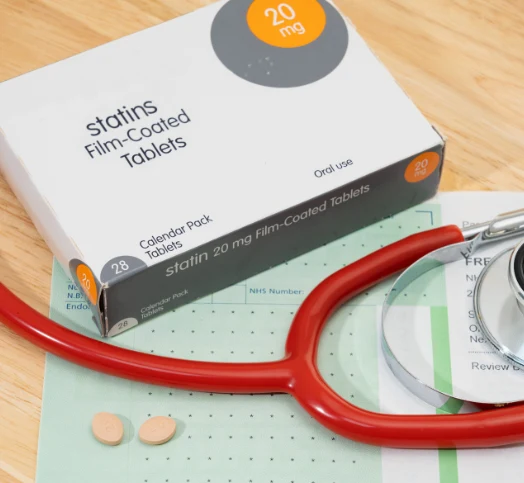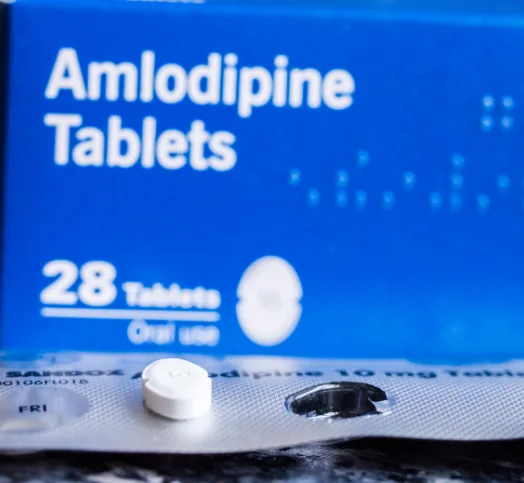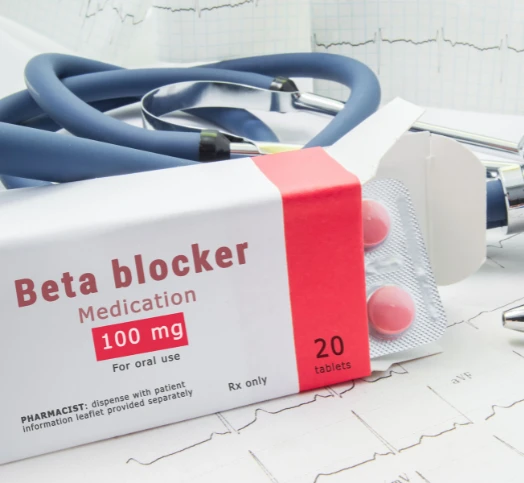Terms of Service
Last updated: June 13, 2025
1. Acceptance of Terms
By accessing and using the Heart Matters website ("the Website"), you agree to be bound by these Terms of Service. We may update these terms at any time. Continued use of the Website signifies your acceptance of any changes.
2. Use of Information
All content on this Website is provided for educational purposes only. It is not a substitute for professional medical advice, diagnosis, or treatment. Always consult your healthcare provider regarding any medical concerns or conditions.
3. Educational Resources
The Website offers general information related to heart health and related topics. This content is not intended to replace professional care or create a doctor-patient relationship. Please seek advice from a qualified health professional before making health-related decisions.
4. No Medical Advice
Heart Matters does not offer personalised medical advice or clinical services. Use of the Website does not establish a provider-patient relationship.
5. Email Communications
By subscribing to our newsletter, you agree to receive periodic emails related to heart health and Website updates. You may unsubscribe at any time via the link provided in each email.
6. Intellectual Property
All content on the Website—including text, images, graphics, logos, and videos—is the property of Heart Matters and protected by intellectual property laws. Reproduction or distribution without written consent is prohibited. For permissions, contact: info@heartmatters.com.
7. Limitation of Liability
Heart Matters makes no warranties regarding the accuracy or reliability of the Website’s content. Use of the Website is at your own risk. We are not responsible for any loss or damage resulting from your reliance on the Website.
8. Third-Party Links
The Website may contain links to external websites. These are provided for convenience only. Heart Matters does not endorse and is not responsible for their content or privacy practices.
9. Modification of Terms
We reserve the right to modify these Terms of Service without prior notice. Your continued use of the Website constitutes agreement to the revised terms.
10. Confidentiality and Privacy
Our use of data is governed by our Privacy Policy. While we strive to protect your data, communications via the internet are not fully secure. Please avoid sending confidential or proprietary information through the Website.
11. Accuracy and Completeness
While we aim to provide accurate and current information, the content on this site is provided "as is" without any express or implied warranties. You are encouraged to verify health information through trusted sources.
Neither Heart Matters, Professor Peter Barlis, nor any contributing authors are liable for errors, omissions, or outcomes related to the use of this information.









